Being a ship captain is the dream of many people. Dozens of people staring at them with admiration, in all-white uniforms, bringing huge ships to and from the ports.
Of course, it is not as easy as imagined to be able to do the work of ship captains who take on great responsibilities. In this article, I would like to inform you about that difficult process and make you reconsider your dreams.
Who is a Ship Captain?
Actually, captain means manager, administrator. The team captain can be the best example of this. Ship captains are the people who manage the navigation and operational affairs of the ships. With its legal definition; They are the people who safely steer and manage the ships. They work with a team of officers and crew. While the ship is cruising, they adjust the speed and course of the ship and protect their ships against dangers by observing them. While the ship is in port, they accompany and manage the safe discharging and loading of cargo and passengers.
The master of the ship should also ensure that the ship’s machinery and equipment are always maintained in good condition and that all safety rules are followed. Apart from recording all kinds of events on the ship, even the control of sea pollution is the responsibility of the ship’s captain. The captain of the ship is the ultimate responsible for everything that happens on the ship, but he shares these responsibilities with his crew as he has no way of controlling everything one by one.
Requirements to Become a Ship Captain
When the responsibility is so high, a question like how to become a ship captain comes to mind inevitably. It is clear that people who can acquire such knowledge and skills must undergo a perfect education and prove this to the authorized institutions. For this reason, graduating from the Maritime Transportation and Management Engineering undergraduate departments of universities is one of the primary requirements for becoming a captain.
Maritime Transportation Management Engineers, who have completed their undergraduate education, have to take the Seafarers Exams organized by the Seafarers Examination Center and get enough points in order to certify how much their education and internship at the university have contributed to them. Candidates who get a passing grade here can start their career as the 3rd captain.
Of course, without completing your undergraduate education, you can also become a captain with a high school diploma. Of course, there are some limitations to this as well. As we mentioned above, those with a bachelor’s degree can serve in all international seas and on all ships without tonnage limit.
There are also those who study 2-year maritime associate degree programs of universities and graduates from maritime vocational high schools. According to their education and qualifications, they can be ship captains in certain waters and with certain tonnage restrictions.
Ship Captain Job Opportunities
The career planning of ship captains is actually determined from the first time they go to sea. However, they can change it according to their personal wishes. For example, does he want to leave the sea and work on land after a certain period of time or does he always plan to work on a ship.
The captain of the ship, who will work on the ship all the time, can be a captain in long-distance ships, near-road ships, or can easily work as a pilot in certain regions and in expert duties in some public institutions. Captains who want to continue their career on land can do business with the title of inspector in very effective and decision-making places, especially in maritime companies.
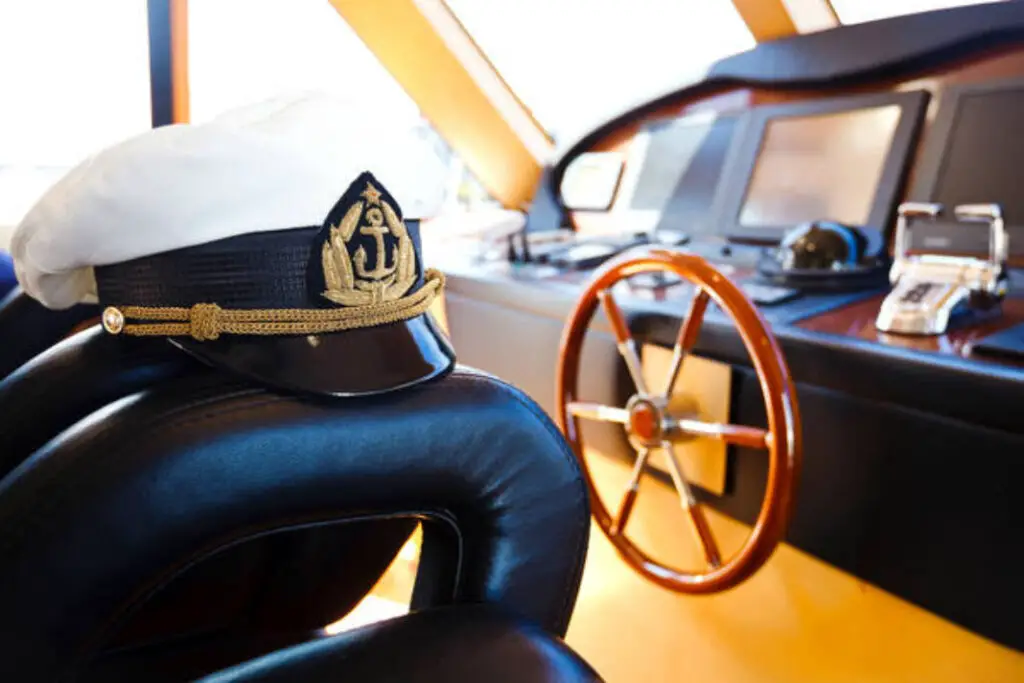
Experience Required to Become a Ship Captain
In fact, it is necessary to add some information in order to avoid conceptual confusion. After graduation, you cannot become a ship’s captain by succeeding in the seafarers’ exams. 3. You get the title of Captain or Watchkeeping Officer. When we say captain of the ship, we are actually talking about the person at the top of the deck, namely the cavalry. In order to become a cavalryman, you must have a maritime experience, which requires a long professional experience.
3. Seafarers who have completed 36 months of sea service as a captain or watch officer take the exams organized by the seafarers examination center and receive the title of 2nd captain (1st officer). Officers who have completed 36 months of naval service with this title will again take an exam and this time become the captain of the ship.
Being a captain as a document does not mean that you will immediately start working as a captain on that ship. A maritime company would prefer the captain of the ship to which it will represent, protect and entrust with the right to protect the ship and cargo, and it is logical that this should be the case. Therefore, when we calculate 36 months + 36 months + 2 years leave, a seafarer graduated from university has the chance to become a ship captain at the earliest age of 30-32.
I cannot help but point out that our country is very advantageous in this regard. Known maritime companies of many maritime countries want the ship’s captain, even the second captain, to be at least 40-45 years old, not on their ships, and expect them to be professionally consolidated with their current license by that time.
Another curious subject of ship captains is the salary of the captain. Salaries and wages of the captain vary depending on the type of ship, the sailing region and the flag of the ship. You can find this detailed topic in my article titled Ship Captain Salaries.
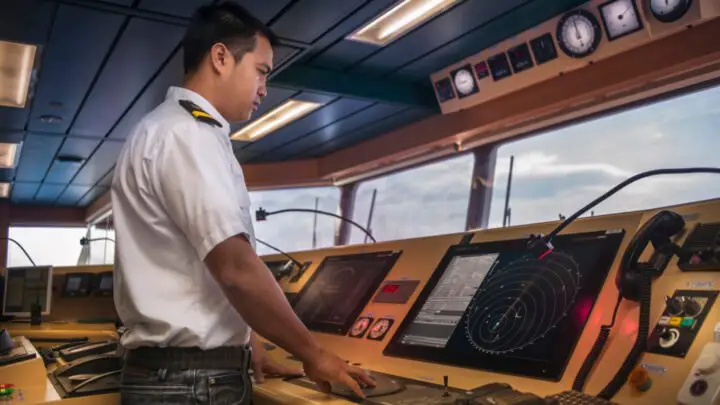


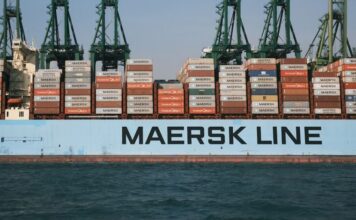

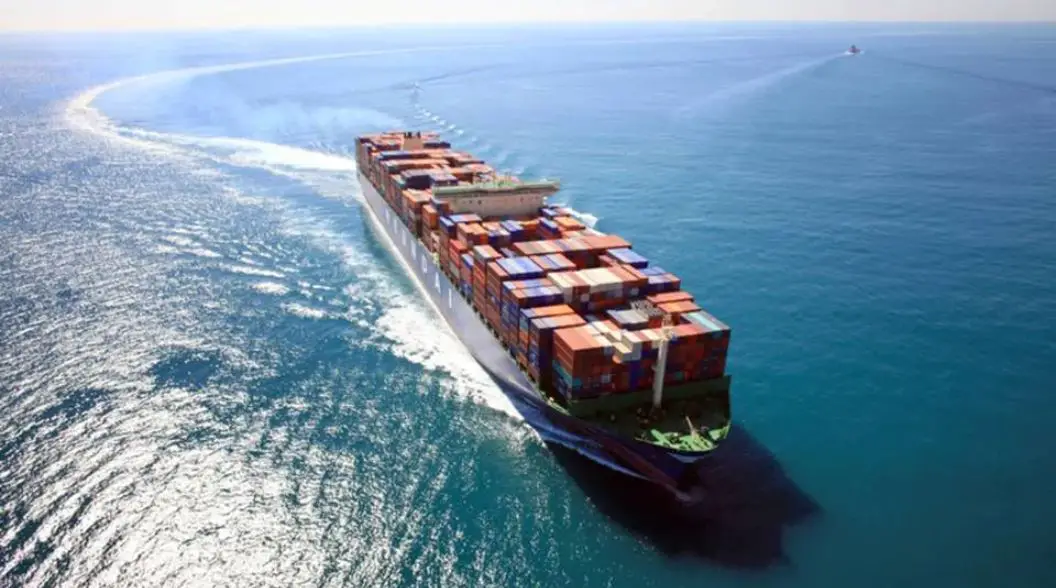
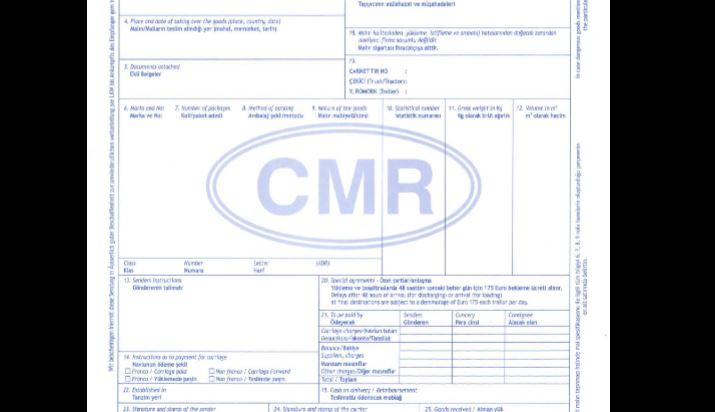

thanks for the information. We will use it in our company